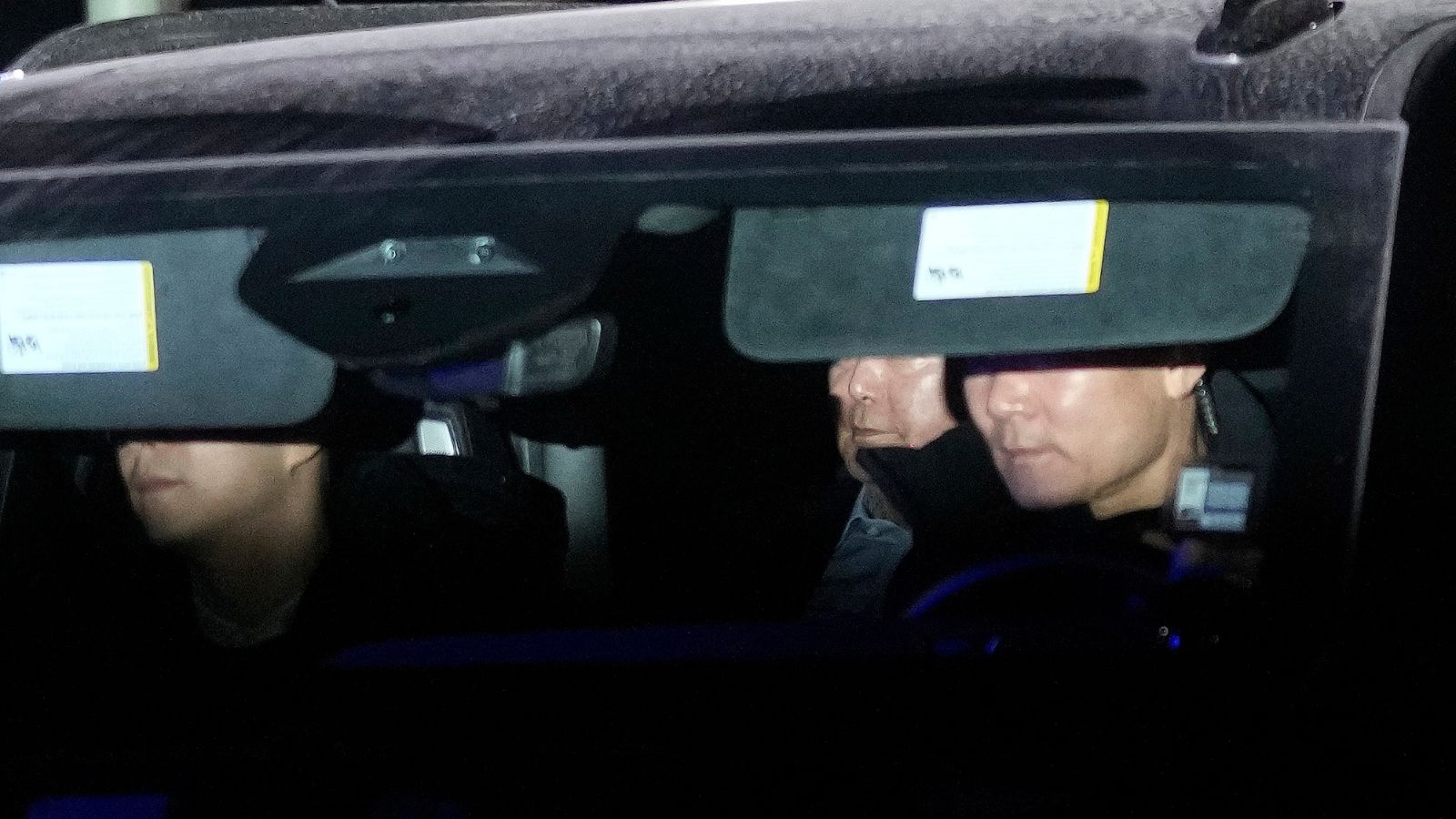 |
|
The arrest of impeached South Korean President Yoon Suk Yeol marks a significant turning point in the nation's political landscape. The events leading up to his detention, the subsequent questioning, and his eventual transfer to the Seoul Detention Center paint a picture of a deeply divided nation grappling with a severe constitutional crisis. The imposition of martial law, a drastic measure with far-reaching consequences, triggered widespread condemnation and ultimately led to Yoon's impeachment. The early morning standoff at his presidential residence highlighted the gravity of the situation, underscoring the high stakes involved and the deep-seated political polarization that has gripped South Korea. The approximately ten-hour questioning session, during which Yoon remained silent for two and a half hours, refusing to be filmed, further fuels speculation about the details surrounding the martial law declaration and the potential involvement of other high-ranking officials.
The establishment of the Corruption Investigation Office (CIO) in 2021 aimed to enhance accountability among high-ranking officials. However, the CIO's limited prosecutorial authority regarding sitting presidents has created a complex legal framework. While the CIO can investigate and refer cases to the prosecutors' office, the actual prosecution process remains separate. This institutional limitation has generated debate regarding the effectiveness of the CIO and the need for broader legal reforms to enhance the prosecution of high-ranking officials suspected of wrongdoing. Yoon's actions, including his refusal to cooperate fully with the investigators, have only amplified these concerns. His video message before his arrest, where he claimed cooperation to avoid bloodshed while simultaneously labeling the investigation illegal, reflects the deeply entrenched political divisions and the ongoing power struggle playing out in South Korean politics.
Yoon's transfer to the Seoul Detention Center, despite its name being located in Uiwang, places him alongside other prominent figures who have faced similar legal proceedings. The descriptions of the detention center, noting differences in cell sizes and amenities for high-profile detainees compared to ordinary inmates, reveal a system that seeks to balance the principles of equal treatment under the law with the security and practical necessities of managing high-risk prisoners. The contrast between the potentially better conditions for Yoon and the conditions of typical detainees raises ethical questions about fairness and equal justice. The contrast further underscores the political and societal implications of this unprecedented event in South Korean history.
The acting president, Choi Sang-mok's declaration of the situation as a “crucial moment for maintaining order and the rule of law,” accurately captures the gravity of the situation for South Korea. The events surrounding Yoon's arrest, including the clashes between investigators and his supporters, reveal the intense emotions and sharply divided public opinion that accompanies this legal and political battle. The image of police scaling fences and confronting protestors reflects the deep political polarization that has fractured the nation. The international implications are also significant, as the events raise concerns among South Korea’s allies about the stability and reliability of the nation's democratic institutions and processes. The unrest within South Korea's government will undoubtedly impact South Korea's standing within global politics, economics, and security.
The aftermath of Yoon's arrest will undoubtedly shape South Korea's political future. The investigation's findings, and any subsequent prosecution, will have lasting repercussions on the nation's political landscape. The legal process, its outcome, and the public's response will collectively define the trajectory of South Korean politics for years to come. The arrest stands as a profound moment, highlighting the complex interplay between legal processes, political power struggles, and the fragility of democratic institutions, even within a seemingly established democracy like South Korea. The case serves as a stark reminder of the importance of checks and balances within a political system and the potential consequences of extreme political actions.
Source: Impeached South Korean President Yoon Suk Yeol taken to detention centre after questioning
